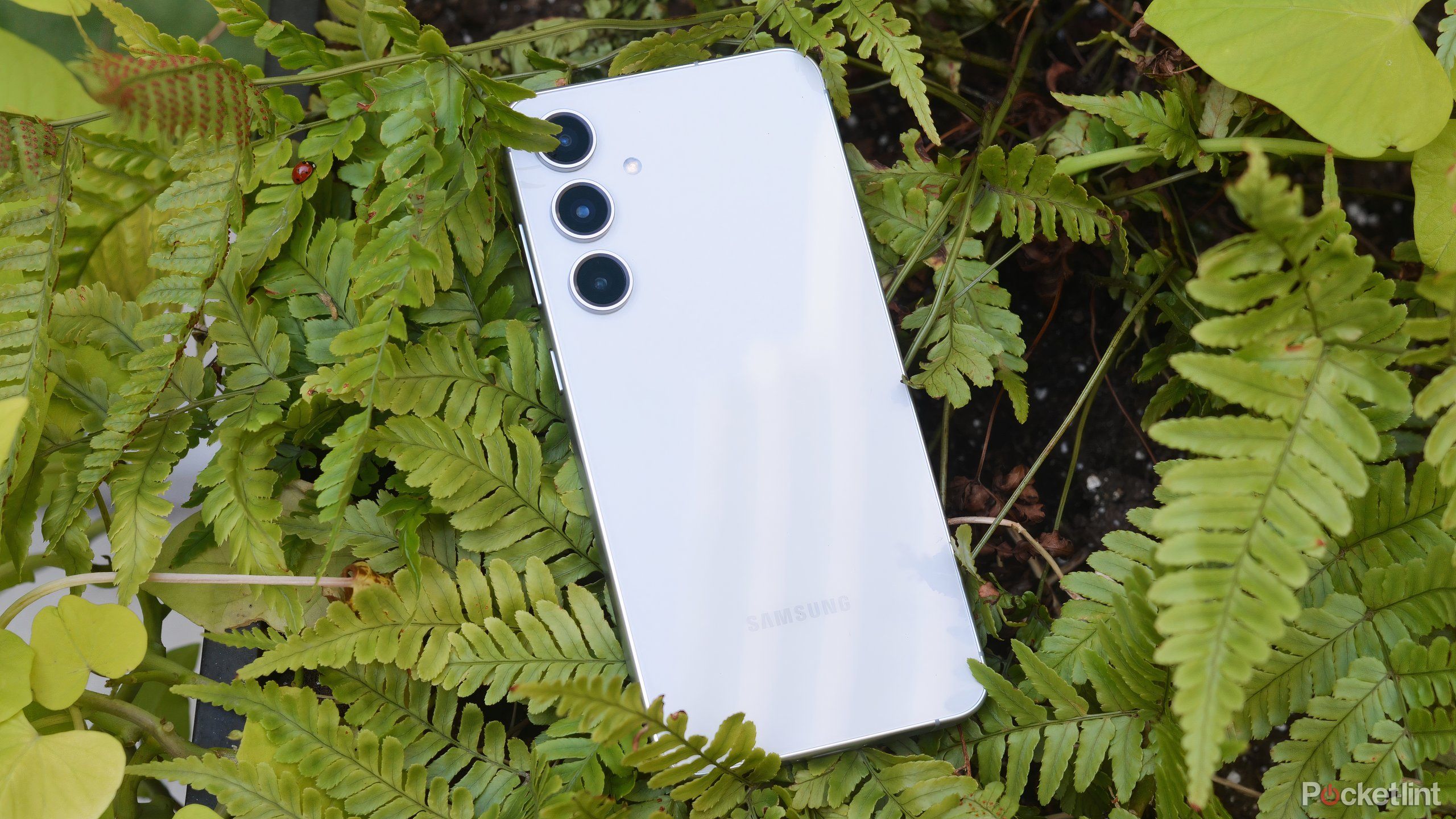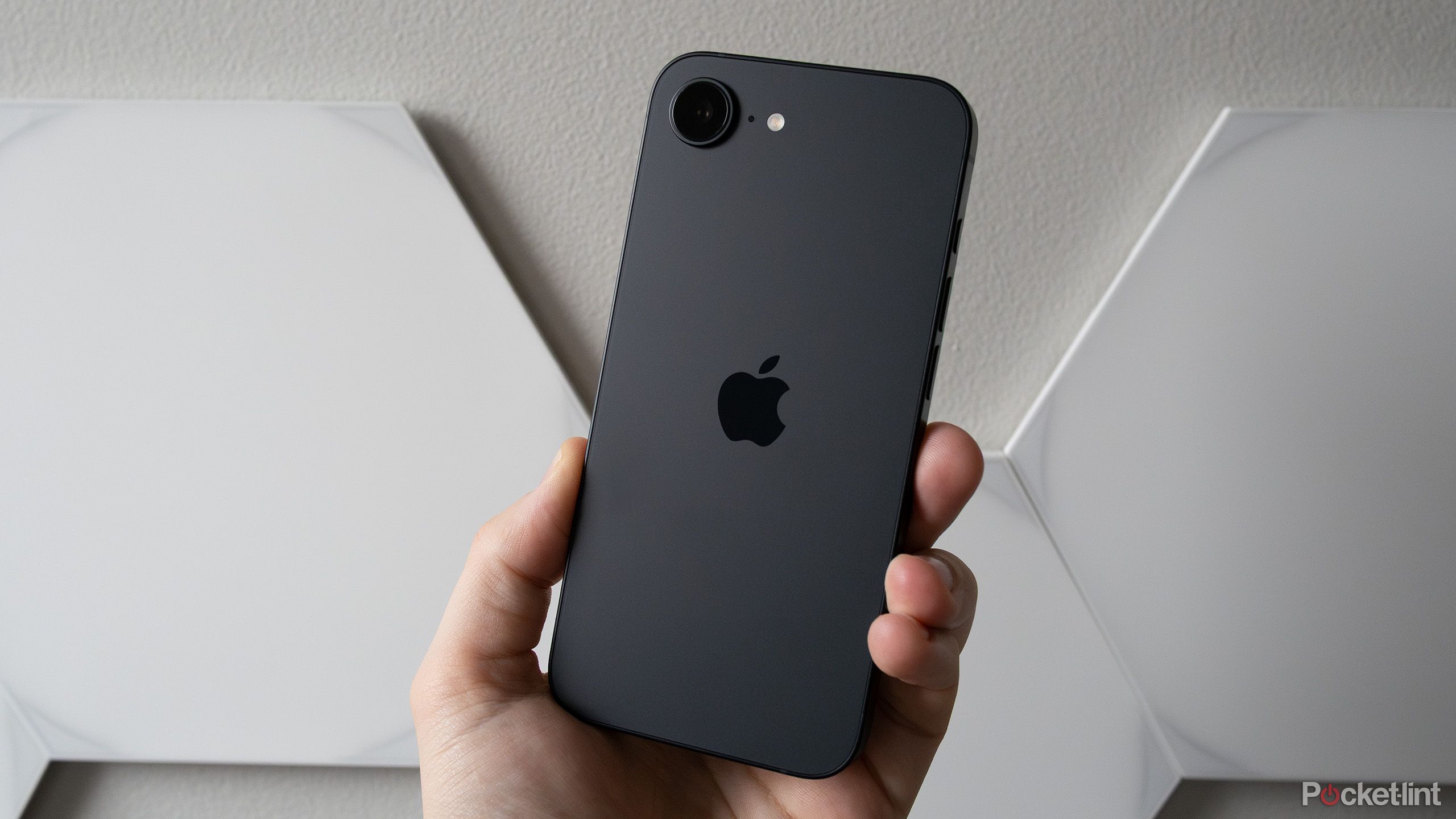Abstract
- I lately put in a third-party MagSafe ring adapter onto my Android cellphone — a Google Pixel 9 Professional.
- I am a giant fan of magnetic wi-fi charging, and I could not resist bringing my Pixel cellphone into the MagSafe ecosystem.
- I am holding out hope for a Qi2-compatible Pixel 10 sequence this fall, full with the Magnetic Energy Profile (MPP) spec.
Regardless of having a love-hate relationship with
wireless charging
all through the years, the idea as an entire clicked with me again when Apple debuted its MagSafe system for the
iPhone 12
in 2020. By the magic of magnetic fields and opposing polarity, inductive charging
suddenly made sense in my eyes
. By lining inductive copper coils with a set of circular-shaped magnets on each the host and peripheral ends of the pipeline, it ensures excellent charging alignment every time — no extra waking as much as a half-charged cellphone perched mere inches away from its charging goal.
Higher but, this identical MagSafe ring of magnets proves a wonderful mounting system for an entire host of equipment, gizmos, and devices — itself an trade with rising momentum. I used to be ecstatic on the information of the Wireless Power Consortium teaming up with Apple to implement an identical setup for the Qi2 wi-fi charging specification, which resulted in a MagSafe-adjacent open tech commonplace referred to as the Magnetic Energy Profile (MPP).
I have been having fun with the wi-fi charging and peripheral ecosystem advantages of MagSafe and
Qi2
on my iPhone 15 Professional for over a 12 months now, and I lately bought a MagSafe PopSocket (an adjunct that Pocket-lint’s Editor-in-chief Patrick O’Rourke
has raved about in the past
) to complement my magnetic life-style. To my shock, the PopSocket got here with a MagSafe ring adapter within the field — I instantly seized the chance to transform my non-magnetic Pixel 9 Professional right into a polarized Android powerhouse.
Associated
3 reasons why I filled my home with Qi2 wireless chargers
I am an enormous fan of inductive wi-fi charging expertise — here is why I’ve arrange Qi2 pads on each ground of my residence.
MagSafe is a mesmerizing magnetic siren
I by no means wish to use an Android cellphone with out magnets once more
Ignoring PopSocket’s warning label on the field to keep away from adhering the MagSafe adapter onto silicone-style cellphone circumstances, I went forward and put in it on my Pixel cellphone’s official Google Silicone Case anyway. I made the error of instantly docking my newly-magnetic Android cellphone onto a very sturdy Satechi wi-fi charging stand, which ripped the ring adapter proper off my case. Fortunately, after re-applying the ring and offering the adhesive sufficient time to truly settle in, the adapter caught on for good the second go round.
The following day, I began utilizing my
Pixel 9 Pro
in the identical manner I’ve come to make use of my
iPhone 15 Pro
— plopped onto a wi-fi charging stand whereas at residence, slapped onto a automotive mount when on the highway, and mixing and matching peripherals like exterior Qi2 battery banks, SSDs, and even OnePlus’ funky Airvooc wi-fi charging puck. And, sure, I went forward and latched my new PopSocket onto the Pixel for good measure, too.
…now I by no means wish to return to utilizing an Android handset that does not have a hoop of magnets of its personal.
Within the days since, I’ve gotten so used to magnetically attacking my Pixel onto MagSafe and Qi2 equipment and chargers, that I’ve forgotten that the function is not natively constructed into Google’s flagship system at a {hardware} degree. I’ve at all times cherished MagSafe on the iPhone, and now I by no means wish to return to utilizing an Android handset that does not have a hoop of magnets to name its personal.

Associated
Magnetic wireless charging is finally coming to Android
It has been a very long time coming, however you might lastly catch Android charging up with Apple.
The place are all of the Qi2 Android telephones?
My fingers are crossed for a magnetically endowed Pixel 10 sequence
I really like that I can use any variety of inexpensive third-party ring adapters to bridge the magnetic iPhone – Android divide, but it surely’s genuinely a disgrace that Android cellphone makers
haven’t jumped on the Qi2 bandwagon
with enthusiasm. With the usual being open, it is virtually begging for adoption by Google, Samsung, OnePlus, and different trade juggernauts. These throughout the iPhone ecosystem have been reaping the advantages of MagSafe for near half a decade at this level, and I am greater than just a little jealous as a lover of all issues Android.
We have seen some attention-grabbing strikes as of late, that are price mentioning:
Apple opted to remove
native MagSafe help inside its mid-range iPhone 16e system, whereas the likes of OnePlus and Samsung have elected to include magnetic into their first-party cases versus inside their telephones correct. May this be an indication of what is to return? I hope not, as having the magnets constructed proper right into a cellphone’s chassis is extra consumer-friendly, even supposing most of us do depend on circumstances on a day-to-day foundation.
C’mon Google: I am relying on you to set a brand new magnetic precedent throughout the Android world.
Personally, I might favor to have my cake and eat it too — built-in magnets present a frictionless expertise that circumstances and ring adapters do not completely match as much as. That is to not say that my PopSocket ring adapter has confirmed intrusive — I barely do not forget that it is there — however I positive do hope that Google’s upcoming
Pixel 10
sequence wholeheartedly embraces Qi2’s Magnetic Energy Profile. C’mon Google: I am relying on you to set a brand new magnetic precedent

Associated
The iPhone 16e skips MagSafe, but Apple says you didn’t need it anyway
Apple has revealed the explanation why MagSafe was excluded from the iPhone 16e, and it is a daring assumption.

